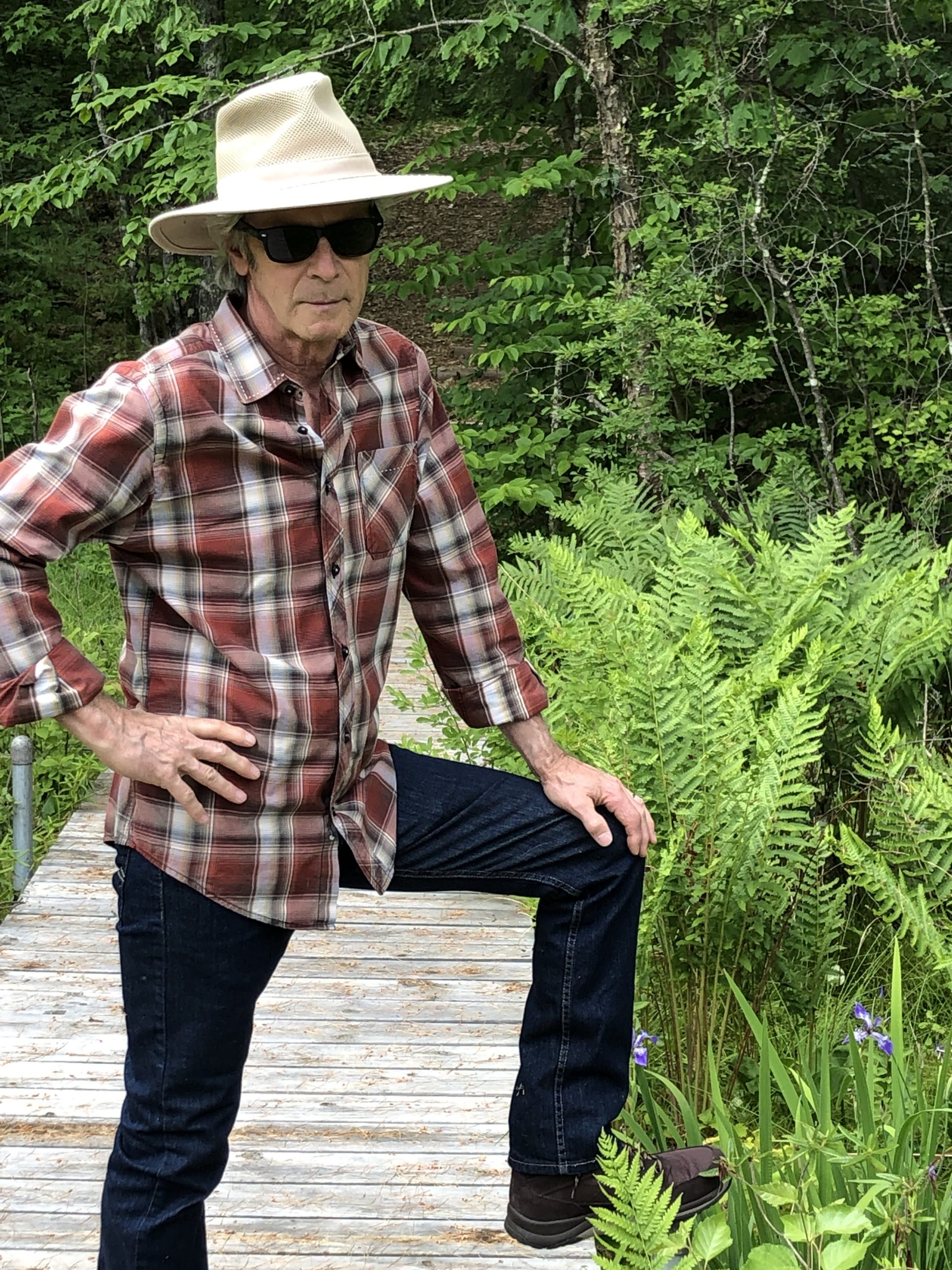It came out in 1971, the year I graduated from high school, on Songs of Love and Hate. I was hooked. It manifests a perfect combination of mystery and unintended obfuscation that seems to contain some kind of self-sabotage at the core of one’s being. Cohen continued to play it his entire career. I’m guessing he played it for himself as much as for the audience who so adored the song.
Cohen claimed to be less than satisfied with “Famous”, saying “that there was something about the song that was unclear.” Never the mind the appearance the appearance of the word “unclear” (check the lyric), of course being unclear is at the core of the song’s appeal. I’m not here to parse the song. I am of the school of Miller Williams (Lucinda’s dad) who wrote that it is the purpose of poets not to solve mysteries but to deepen them. And that is exactly where Cohen shines. He once claimed that as a musician he didn’t have “chops,” but possessed but a single “chop.” If so, his chop I think was to deepen mysteries with music.
I can’t remember when I first wanted to cover the song, but it was a long time ago. One impediment was that I didn’t think I could do the song justice vocally. So in the 1980’s I enlisted a friend, David Leishman, who had vocal chops that fit the song. and I arranged and recorded a version of the song that he sang. He brought a bit of Waitsian energy to it that was lovely. I recorded it on my Tascam 688 Portastudio, the cassette-based unit that Bruce Springsteen used to record Nebraska. So it was a great little lo-fi exercise that I loved. David and I played it a few times in a little pickup band we indulged in a few times. But I never really got it out from under my skin.
So 20 years go by and I pick it up again, this time singing. I suppose it was time, my voice settling in to its later, lower baritone, or maybe just the vocal arrangement that David and I came up with, but I decided to go for it. However, unlike David’s take, I set this one up for 3-part harmony with Lenne and Eliza. That became the new heart of the song.
I took the faint backup “na-na” vocals as found in verse 3 and dropped the rococo vibe of the original production, highlighted their two-part harmonic structure, doubling the voices and placed them much closer to the foreground. And I referenced the soprano’s faint wail with a string section, making the strings something of a Greek chorus, and building out that harmonic structure as well.
I took a few flourishes from my 1980-era demo, like fingerpicked Fender Strat on the verse b part. And all of the acoustic and electric fills were new to this take on the song. The effect lent the air of chamber-folk composed entirely of stringed instruments and voices, with the exception of John O’Reilly Jr.’s drums, which progress from an insinuation to an impending thunderstorm.
I think the core of the song lies in the movements of the three verses. Each is distinct, like a scene in a film, from set-up to complication to the uncharted revelation and lack of catharsis in the epic third verse. Cohen did it in monotone. I find that pushing a little breath through those words inflames them, sets them alive. The way you can twist the vowels—each line is a revelation in itself, revealing little except what’s on the page. I dropped the formal conceit of the letter. There is no “sincerely, L. Cohen.” But it remains the performance of an epistle—a monologue. And the dramatic depth of the text and the notes wraps me up each time I attempt it.
It’s in my solo repertoire, so I rehearse it about every three days, and each time it’s an attempt, nothing more.
Cohen was remarkably tolerant of covers. He famously said, “I’ve never gotten over the pleasure of somebody covering one of my songs… Somehow my critical faculties go into a state of suspended animation when I hear someone’s covered one of my tunes. I’m not there to judge it, just to say thank you.”
I hope he would have appreciated this reading of the song. I was relieved to have completed the recording before I learned of his ongoing world tour sometime around 2010, when Joel Zifkin spoke so highly of it that I had to see it. If I had heard it as performed on tour I’m not sure I would have finished it.
I have tried to just play the character in the song, and to bring the logic of that character straight to the edge of the experience as I felt it. I don’t know the details. I don’t need to know them. I just need to get to the relief of “Jane came by with a lock of your hair…” and pose, one more time, the question: “Did you ever go clear?”
Thank you, Leonard.
